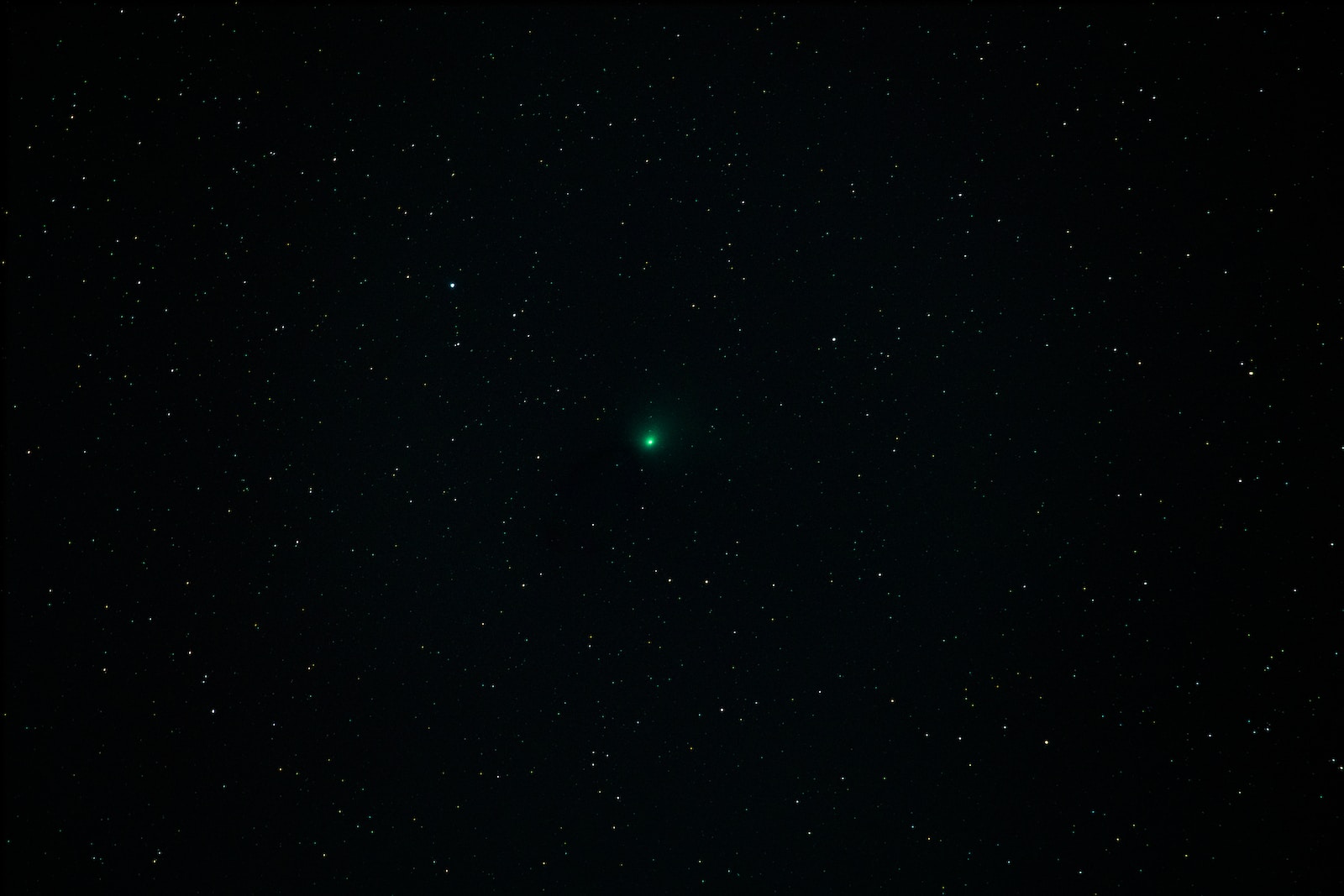Table of Contents
ToggleIntroduction:
Prepare to be captivated as the rare green comet Nishimura graces the skies of the Northern Hemisphere, offering a stunning sight not seen on Earth for over four centuries. Named after its amateur Japanese discoverer, this half-mile celestial wonder will pass within 78 million miles of our planet on September 12. In this article, we provide essential information on how and when to catch a glimpse of the comet, along with expert advice to enhance your viewing experience. Get ready for a celestial spectacle like no other!
Setting Your Sights on Nishimura: Time and Location
To witness the green comet, Nishimura, set your alarm about 90 minutes before dawn and direct your gaze north, approximately 10 degrees above the horizon, near the constellation Leo. As Nishimura approaches the sun, it will brighten, gradually becoming more challenging to spot as it descends lower in the sky.
Equipping Yourself for Optimal Viewing
For the best chance of spotting Nishimura, equip yourself with a good pair of binoculars and familiarize yourself with the exact location to look. The comet’s visibility may require assistance due to its distance from Earth, making binoculars essential for a clear view.
The Countdown Begins: Important Dates
Mark your calendar for September 12, as it presents the ideal opportunity to witness the green comet Nishimura. However, keep in mind that Nishimura will pass even closer to the sun than Mercury on September 17. If the comet survives this encounter, it may still be visible to those in the Southern Hemisphere by the end of September.
Expert Insights and Recommendations
Paul Chodas, manager of NASA’s Center for Near-Earth Object Studies, advises enthusiasts to be well-prepared and emphasizes the importance of binoculars when attempting to spot the comet. Gianluca Masi, founder of the Virtual Telescope Project, describes the comet as an amazing sight with a long, structured tail, especially when observed through a telescope.
A Celestial Rarity: Centuries in the Making
The return of the green comet Nishimura is a remarkable event, as sightings of this nature by amateur astronomers are infrequent due to the extensive use of powerful ground telescopes in professional sky surveys. The last time the comet came this close to Earth in the Northern Hemisphere was 430 years ago, making this a truly extraordinary experience for skywatchers.
Conclusion:
Prepare to witness the celestial beauty of the rare green comet Nishimura as it graces the skies of the Northern Hemisphere after more than four centuries. By following the provided guidelines, equipping yourself with binoculars, and knowing when and where to look, you can enhance your chances of spotting this extraordinary cosmic phenomenon. Don’t miss this once-in-a-lifetime opportunity to connect with the wonders of our universe and create lasting memories under the starry night sky.







